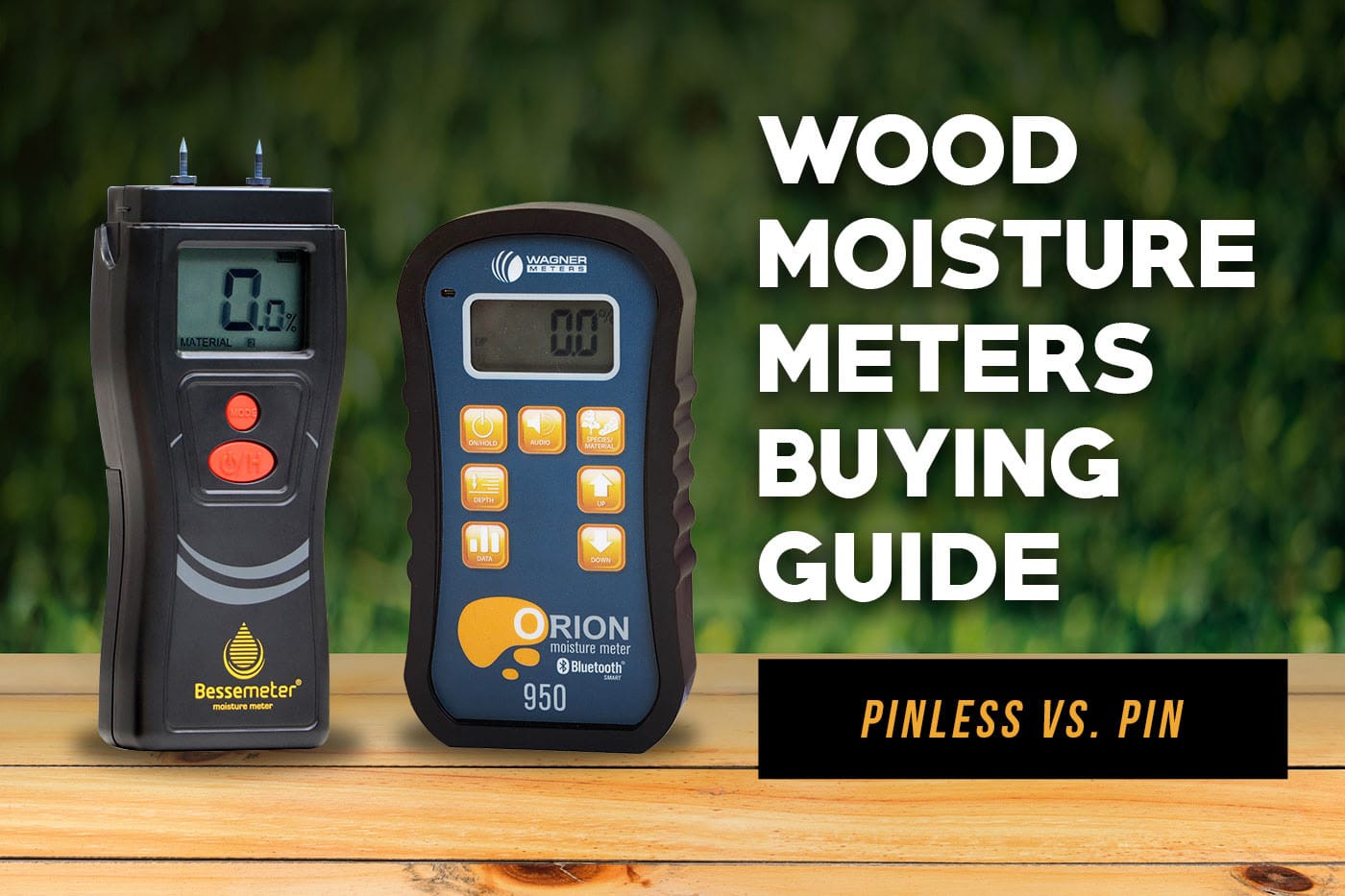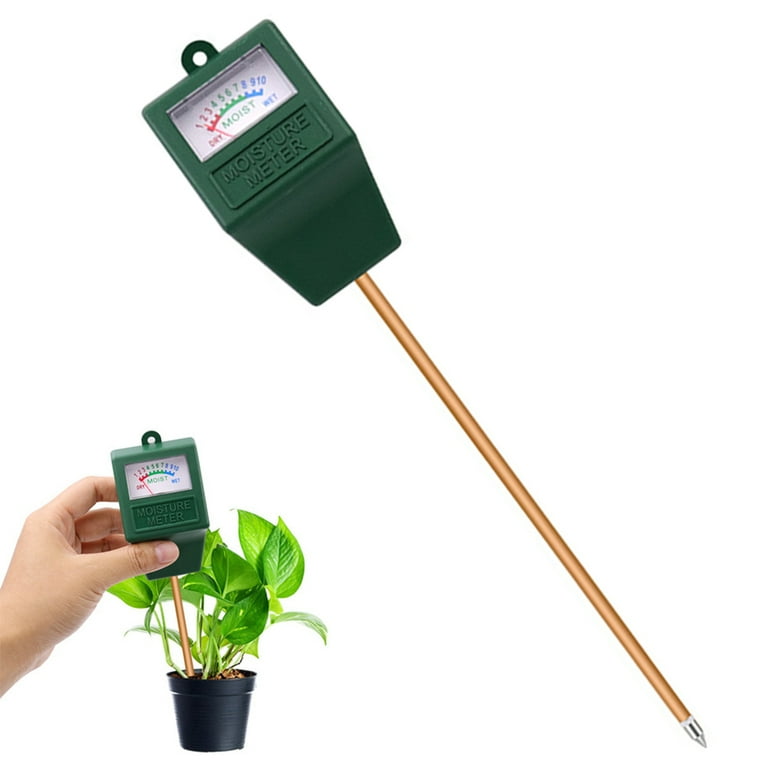Moisture Meter Buying Guide: What to Seek in High-Quality Instruments
Moisture Meter Buying Guide: What to Seek in High-Quality Instruments
Blog Article
The Ultimate Overview to Moisture Meters: A Comprehensive Introduction and Exactly How They Can Conserve You Cash
In the world of building maintenance, building, and various markets, the value of precisely determining moisture degrees can not be overemphasized. Dampness meters act as indispensable tools in discovering and keeping an eye on moisture content in products, assisting in stopping costly problems and making certain the high quality of items. Comprehending the subtleties of various kinds of dampness meters, their applications, and the possible cost-saving benefits they supply can be a game-changer for organizations and experts alike. Uncovering exactly how these devices can not just improve procedures however likewise contribute to monetary savings is a trip worth starting.
Kinds Of Moisture Meters
Different types of wetness meters are readily available for different applications in numerous markets. One common kind is the pin-type dampness meter, which determines the electric resistance between two pins inserted right into a material. This type is appropriate for timber, drywall, and various other building products. Pinless moisture meters, on the other hand, use electro-magnetic sensor plates to check a bigger area without causing damages to the product's surface. These meters are excellent for rapidly evaluating wetness levels in huge areas such as wall surfaces and floors.
Infrared dampness meters determine the thermal properties of a product to identify its wetness material non-invasively, making them helpful for applications where pin or pinless meters may not be suitable. Understanding the different types of moisture meters readily available can assist markets choose the most appropriate tool for their certain moisture dimension demands.

Benefits of Using Moisture Meters

Furthermore, using dampness meters can lead to boosted energy performance. In agricultural setups, dampness meters play a crucial function in maximizing plant returns by making it possible for farmers to keep an eye on dirt moisture degrees and make educated watering decisions.
How to Choose the Right Moisture Meter
Picking the ideal dampness meter involves thinking about essential factors such as product compatibility, dimension array, and calibration precision. When picking a wetness meter, it's vital to guarantee that the meter appropriates for the details material you will certainly be screening. Different products have varying electric properties that can influence moisture readings, so picking a meter created for your material is critical for precise outcomes. Furthermore, consider the measurement array of the wetness meter. Ensure that the meter can find wetness levels within the variety needed for your applications. Calibration accuracy is an additional vital variable to bear in mind (Moisture Meter). Choose a wetness meter with reputable calibration to ensure consistent and specific readings. Some meters might require regular calibration adjustments, so comprehending the calibration procedure is very important. By very carefully reviewing these elements, you can select a dampness meter that meets your requirements and supplies accurate moisture measurements for your projects.
Correct Strategies for Moisture Meter Use
To guarantee accurate moisture analyses and make read the most of the performance of a dampness meter, employing correct methods is vital. When making use of a pin-type wetness meter, insert the pins or probes right into the material being examined up until they make full call. By complying with these correct methods, users can count on their moisture meter to give trustworthy dampness levels, helping in preventing pricey damages or guaranteeing top quality in various applications.

Cost Financial Savings Through Moisture Meter Applications
Exactly how can the tactical application of wetness meters bring about considerable cost financial savings across different sectors? Wetness meters play a crucial function in cost financial savings by avoiding possible damage and making sure quality assurance in different fields. In the agriculture sector, moisture meters aid in establishing the optimal time for gathering plants, avoiding over-drying or excess moisture that can influence the final item's top quality. This precise tracking aids farmers stay clear of unnecessary losses and maximize their return.

Furthermore, in the food processing market, wetness meters are crucial for monitoring product quality and guaranteeing compliance with safety policies. By precisely determining wetness material in foodstuff, makers can stop wasting, maintain freshness, and minimize waste, leading to considerable expense savings. Overall, the strategic application of moisture meters is a beneficial financial investment that can lead to significant price decreases and enhanced effectiveness across various industries.
Verdict
In verdict, wetness meters are valuable tools for detecting and determining moisture levels in various materials. By utilizing the appropriate wetness meter and adhering to correct strategies, customers can effectively avoid expensive damages created by excess moisture.
Wetness meters offer as important devices in detecting and checking moisture content in redirected here materials, helping in protecting against costly damages and making sure the top quality of products. Infrared dampness meters gauge the thermal buildings of a product to determine its moisture content non-invasively, making them beneficial for applications where pin or pinless meters might not be ideal.Moisture meters provide see this page vital benefits in properly checking and analyzing moisture levels in varied materials and environments. In agricultural settings, wetness meters play an important function in enhancing crop yields by enabling farmers to keep track of soil moisture levels and make informed irrigation decisions.In verdict, dampness meters are beneficial devices for identifying and gauging moisture levels in different materials.
Report this page